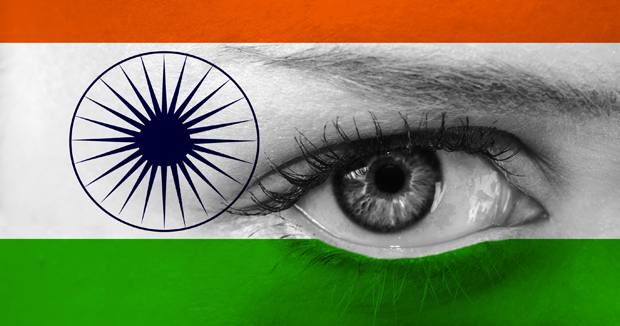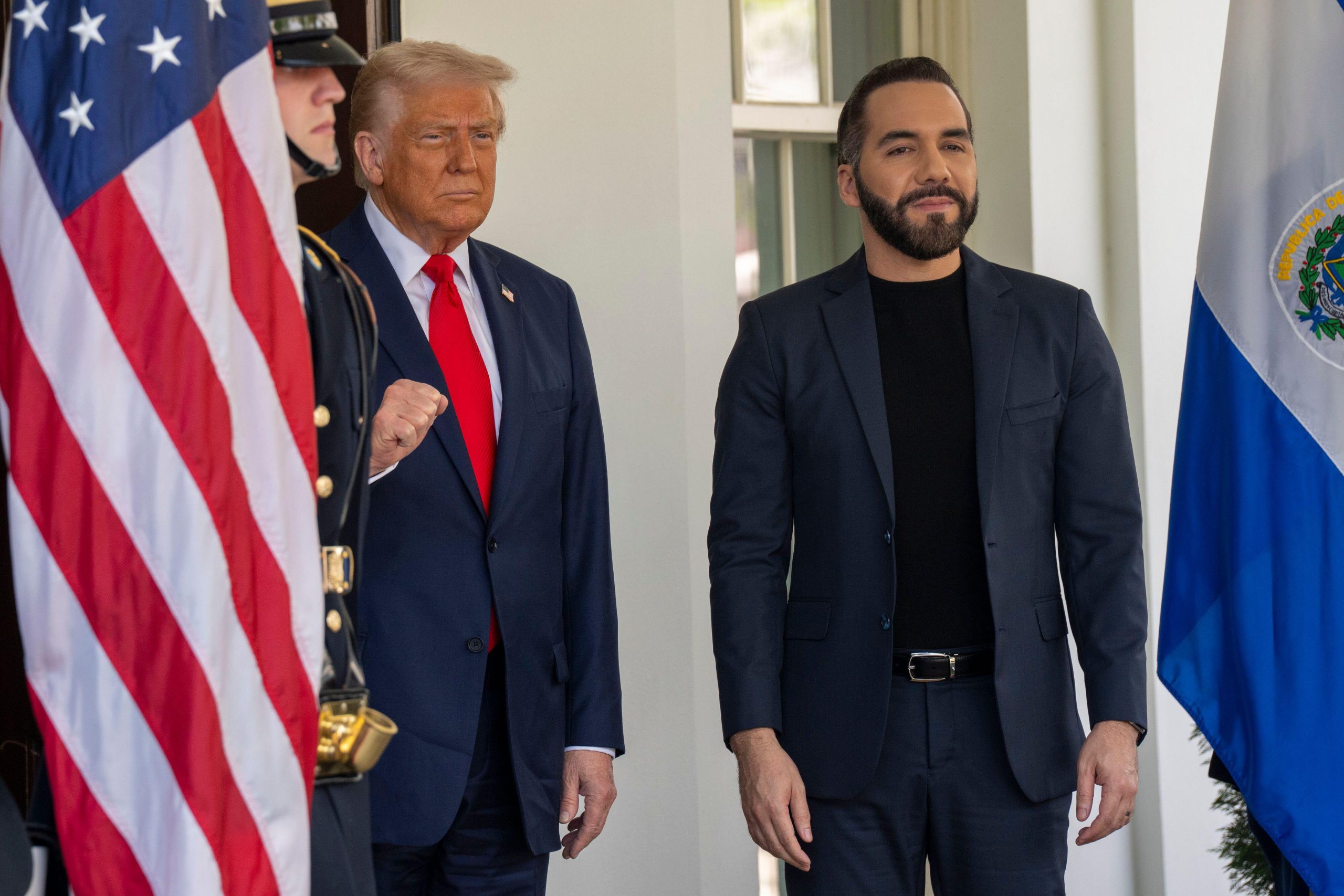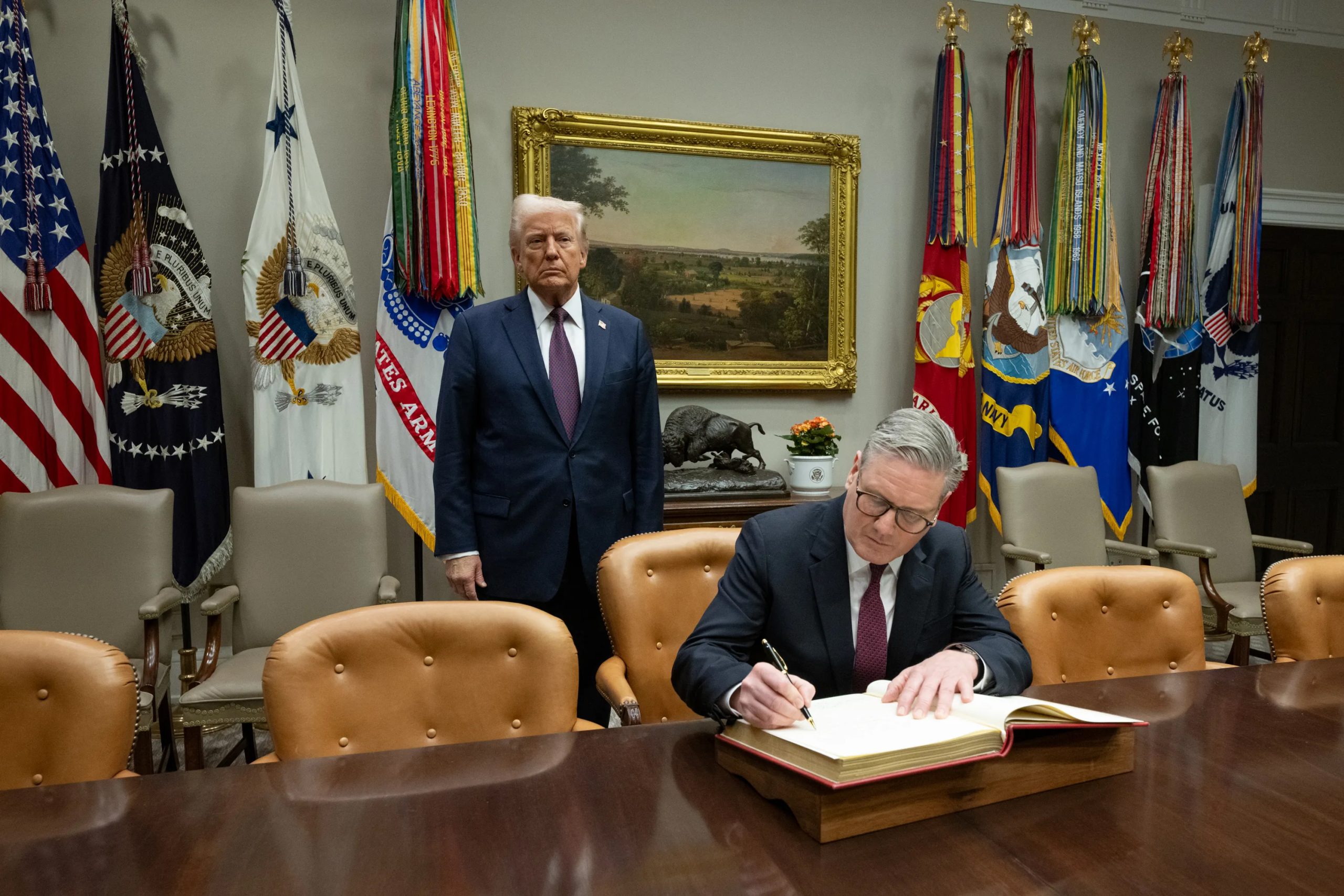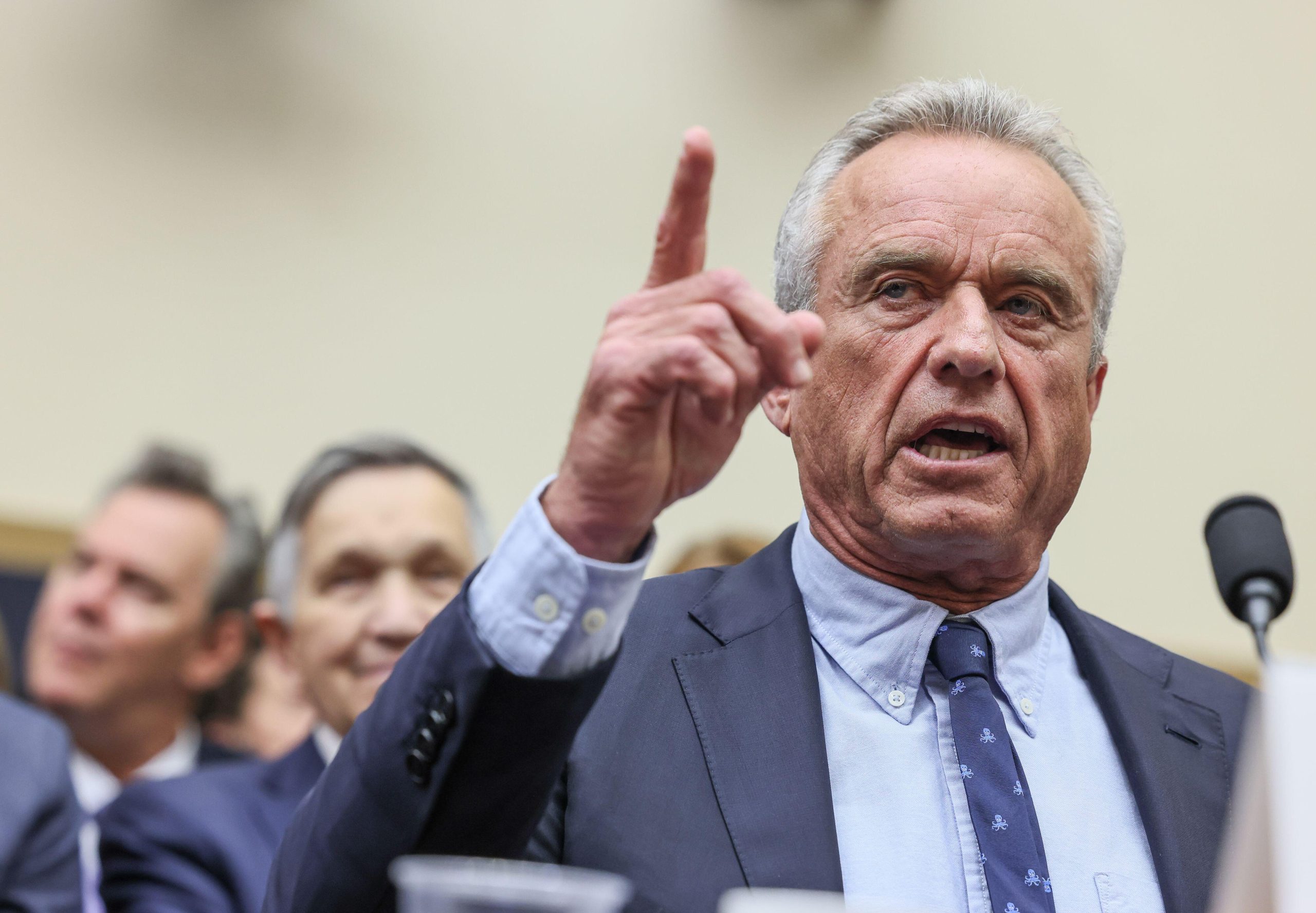
(Photo illustration: Shutterstock)
The cauldron has always been simmering, despite abundant shibboleths about this election not being about hate or Hindutva (the communal political ideology of the Hindu Right wing) but about development.
Therefore it came as no surprise when on 19 April, the Vishwa Hindu Parishad’s (VHP) International President Praveen Togadia exhorted a mob in Bhavnagar to storm a house which had recently been purchased by a Muslim businessman. And in case he refused to vacate the house within 48 hours, Togadia raged, go after him with stones and tyres. After all, since those who went on the rampage in the 1984 Delhi riots have enjoyed impunity, there’s nothing to fear, he thundered. Ram Madhav, a senior functionary of the RSS (Rashtriya Swayamsevak Sangh), stoutly defended Togadia. But the Bharatiya Janata Party (BJP) and its prime ministerial candidate Narendra Modi have remain tight-lipped about the entire affair.
It is unfortunate, alarming, but true that hate propaganda has always yielded rich political dividends, and the BJP and its allies of the Hindu right have been frontrunners in making the most of it. If that wasn’t bad enough, the Election Commission, the supreme authority in charge of managing and conducting polls, has been woefully inept at dealing with this malaise. Consider this, Amit Shah, Modi’s henchman and campaign manager, got away with a mere censure after egging on people in riot-torn Muzaffarnagar to vote for the BJP if they wanted revenge on Muslims.
The fault doesn’t lie with the Election Commission, though. It is the lacunae in the laws which allow the purveyors of hate and bigotry to have a free hand. India’s election law prescribes a “Model Code of Conduct” which prohibits incendiary speeches, especially those pandering to religion and seeking to stir up communal violence. But mere prohibition, without adequate authority for imposing meaningful punishment which acts as a deterrent, is not of much use. And it is here where the commission’s hands are tied. The code does not have any legal teeth, so a candidate caught delivering hate speeches cannot be debarred. For instance, in 2009, Modi had a crowd baying for the blood of Muslims, but the commission’s chief stated that he couldn’t do much except “rebuke”.
The cynical subterfuge adopted by political parties aggravates the situation. Immediate legal action is ruled out, since the law permits a candidate’s election to be challenged only after the results are declared, thereby giving ample opportunity to the poisonous tree of hate to bear its bitter fruit. In the meanwhile, the offenders parrot vehement denials, knowing very well that dilatory tactics only work in their favour. Modi did it 2002, engaging in protracted sparring with the Indian Supreme Court, and in 2007, the BJP’s rebuttal of charges of having widely disseminated a CD containing communally inflammatory speeches fell apart only when a sting operation by an investigative journalism magazine exposed all the lies.
More insidious than explicitly incendiary speeches is what can be termed as religious electioneering, that is, canvassing for votes in the name of religion. It’s a tried and tested strategy of the BJP and its allies, particularly militant Hindu organisations like the RSS and VHP. This is usually done by glorifying Hinduism and pandering to a manufactured sense of victimhood, which, in the political arena, inevitably morphs into vilification of “the other”, “the minorities” — Muslims and Christians, primarily the former. In BJP-ruled Madhya Pradesh in central India, the RSS distributed pamphlets urging Hindus to vote in full strength in order to put the minorities in their place. The supreme court is primarily to blame for this state of affairs, because in a 1996 decision, it erroneously conflated Hinduism with the communal political ideology of Hindutva and acquitted a demagogue notorious for his Islamophobic screed.
It would be a mistake to believe that hate speech is the sole preserve of the militant Hindu Right. Azam Khan, representing the Samajwadi Party, remains defiant about his tirade, while Akbaruddin Owaisi, experienced in the politics of hate, remains unscathed due to the patronage and skulduggery of the Congress.
The Togadia saga isn’t over yet. Going by standard modus operandi, not only has he has alleged a political conspiracy to frame him, but has also slapped a legal notice on the television channels and newspaper which reported his Saturday’s labours. Senior journalists from these channels, however, are standing their ground, contending they have video footage to prove his culpability.
Optimistic about better politics? Look at 21 April, Mumbai. With Modi on the dais, a political ally boasts that he would be the best one to teach Muslims a lesson. And the man being hailed as the next prime minister “disapproves” of “petty statements” by the likes of Togadia.
This article was originally posted on 28 April 2014 at indexoncensorship.org




